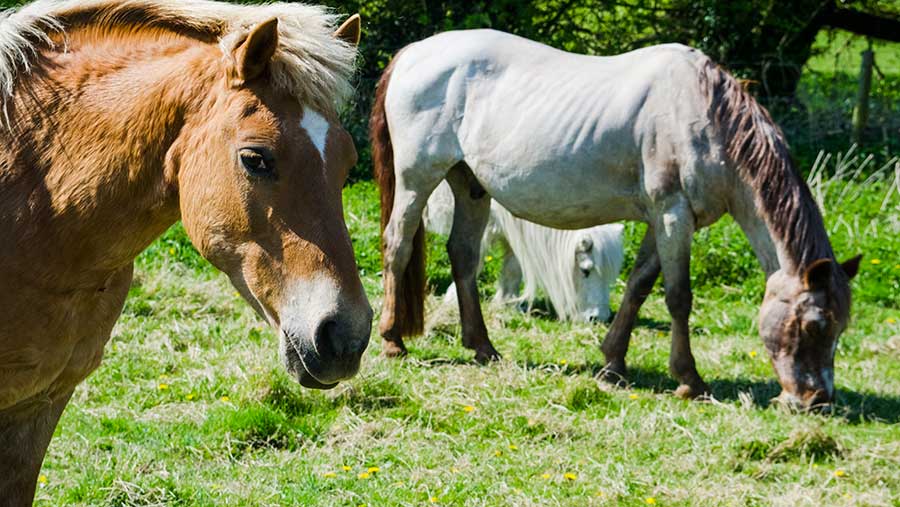Fly-grazing plunges after clampdown on horse owners
 © Design Pics Inc/REX/Shutterstock
© Design Pics Inc/REX/Shutterstock Fly-grazing incidents in Wales have fallen sharply since the introduction of tough legislation.
Local authorities have been given new powers under the Control of Horses (Wales) Act, which aim to clamp down on horse owners.
Under the act, councils can seize, impound and euthanise horses and ponies found on land without consent, and recover costs from owners.
See also: New laws help tackle scourge of fly-tipping
A report by equine consultant Equiventus shows the new laws have reduced the number of horses reported and removed due to fly-grazing, straying or abandonment.
By 2016, average seizures had fallen to 18 a month in Wales, down from 30 a month in 2014.
These figures are supported by South Wales Police, which has recorded an 83% reduction in fly-grazing between 2012 and 2016.
Almost 2,000 fly-grazing incidents were reported to the force in 2012, but this figure fell dramatically to 300 in 2016.
In the city and county of Swansea – one of the worst-affected counties for fly-grazing – the number of incidents dropped from 240 in 2014 to 100 in 2016.
Minister: ‘Don’t drop guard’
Wales’ rural affairs secretary Lesley Griffiths said the Act had played an important role in reducing fly-grazing.
But the minister added: “While the report is very good news, we should not let our guard down.
“I am determined to continue to do what’s needed to combat the blight on communities caused by the fly-grazing, straying and abandonment of horses and ponies.”
In an effort to clamp down on fly-grazing in England, the Control of Horses Act was introduced a year later in May 2015. At the time, Defra said as many as 3,000 horses were thought to be illegally grazing on public and private land across the country.
